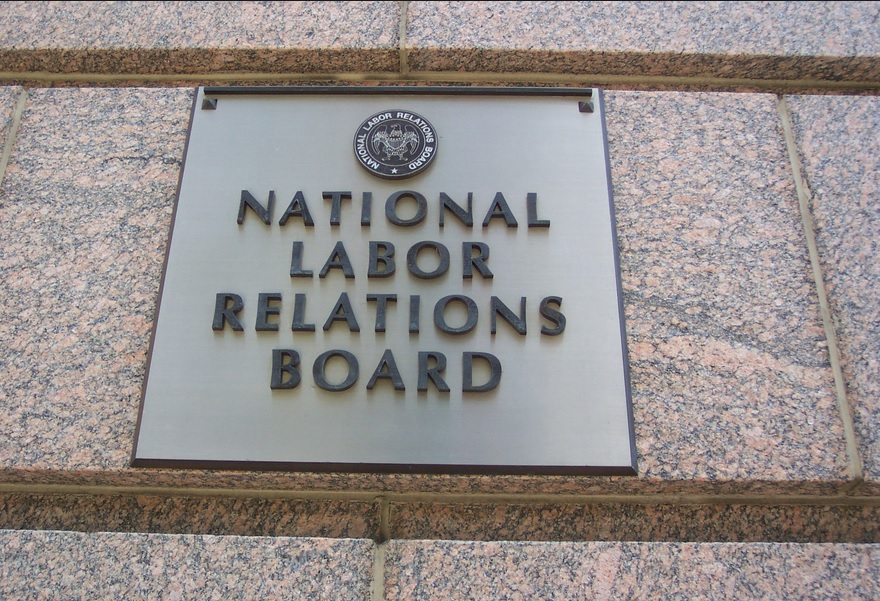
By Bullard Law,
Oregon law firm
A recent decision from a three-member panel of the NLRB appears to depart from over 40 years of precedent regarding an employee’s right to union representation during an investigatory interview. Last month, in Circus Circus Casinos, Inc., 366 NLRB 110 (2018), the Board held that an employer committed an unfair labor practice by not taking affirmative steps to ensure an employee had a union representative present at an investigatory interview. The Board found that the employee’s ambiguous statement—that he contacted the union but got no response and was without representation—was sufficient notice to the employer that the employee desired representation. Although the Board did not change the legal standard for when an employee may have a union representative present, this decision suggests the burden is on employers to ensure that a unionized employee does not desire representation at an investigatory interview if there is any ambiguity.
Background
In the 1975 case NLRB v. J. Weingarten Inc., 420 U.S. 251 (1975), the Supreme Court held that employees represented by a union are entitled to have a union representative present in any investigatory interview that the employee reasonably believes could result in discipline. The right to union representation is not automatic, however, but arises “only in situations where the employee requests representation.” Weingarten Inc., 420 U.S. at 256-257 (1975). Over the last four decades, the NLRB and federal courts have consistently held that the right to representation at an investigatory interview—known as “Weingarten rights”—attaches once the employee has requested representation directly or has used language reasonably calculated to apprise the employer that the employee is seeking representation.
The NLRB’s Decision
In Circus Circus, while the NLRB did not change the legal standard established by Weingarten and its progeny, it greatly expanded what could trigger an employee’s Weingarten rights under that standard. The employee in this case was directed to get fitted for a respirator mask required by the Occupational Safety and Health Administration (OSHA). The employee did not get fitted for the respirator, citing anxiety issues, and was suspended pending an investigation.
When the employee was informed of the date and time of his investigatory interview, the employer advised him to bring a union steward if he desired representation, and provided the phone number to the union hall. The employee called the union hall and left a message several times, but the union did not return his calls. The employee never contacted his union steward directly, although he walked by the steward’s work area on the way to the interview. At the beginning of the interview, the employee stated that he had “called the union three times [and] nobody showed up, I’m here without representation.” The employer noted his statement and continued with the interview. Thereafter the employer discharged the employee.
The Board decided that the employee’s statement constituted a request for representation that triggered his Weingarten rights. The Board reasoned that “a reasonably understood request to have someone present at the meeting” was “subsumed” in the employee’s ambiguous statement. The Board also found that the employer had disciplined the employee for engaging in protected concerted activity (related to a complaint about second-hand smoke), and ordered that he be reinstated with back pay.
What this Decision Means for Employers
Employers should review their policies and procedures regarding investigatory interviews, and consider requiring any employee who does not have a union representative present at an interview to acknowledge in writing that they understand their rights, but are choosing to decline representation. At a minimum, employers should postpone an interview and offer union representation any time an unrepresented employee makes mention of the union, having a “witness” present, or any other language that could possibly be interpreted to relate to representation. Otherwise, employers run the risk of being found to have violated an employee’s Weingarten rights, even absent any kind of request or question about representation.
Bullard Law has provided counsel to countless employers regarding workplace investigations, discipline, and their duties and responsibilities after significant changes in the law. If we can provide advice and guidance on how to proceed after this recent change by the NLRB, please contact a member of our Labor Practice Group.
Content ©2018, Bullard Law. All Rights Reserved.
Disclaimer: Articles featured on Oregon Report are the creation, responsibility and opinion of the authoring individual or organization which is featured at the top of every article.

